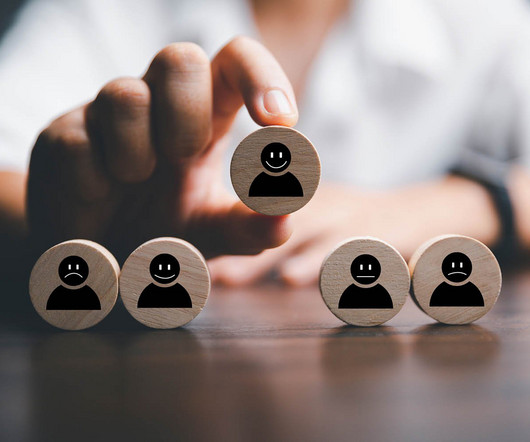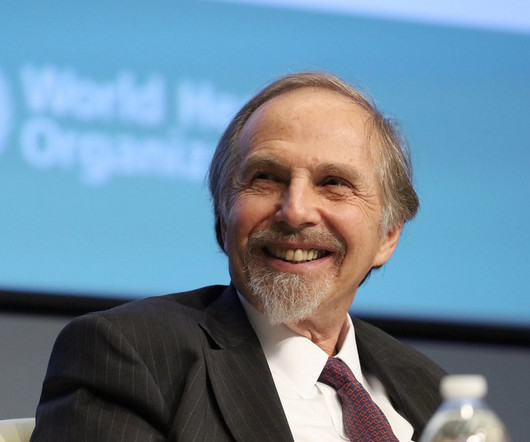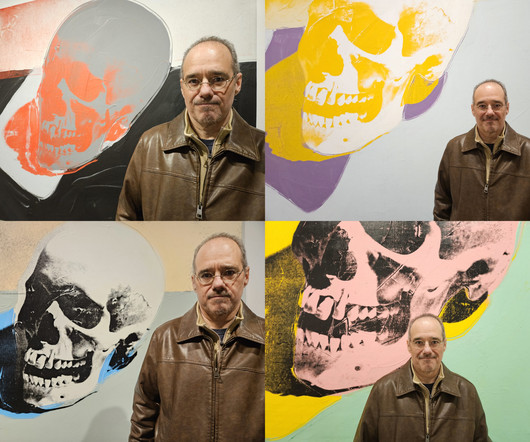Much of U.S. Healthcare Is Broken: How to Fix It (Preface)
Mad in America
NOVEMBER 27, 2023
My views, which are based partly on my experience as a clinical psychologist/neuropsychologist and my 22-year career managing behavioral healthcare for large national employer health plans, are not those of most physicians or the vast majority of the media and general public. The MD degree is a medical practitioner degree, and a Ph.D. (as











Let's personalize your content